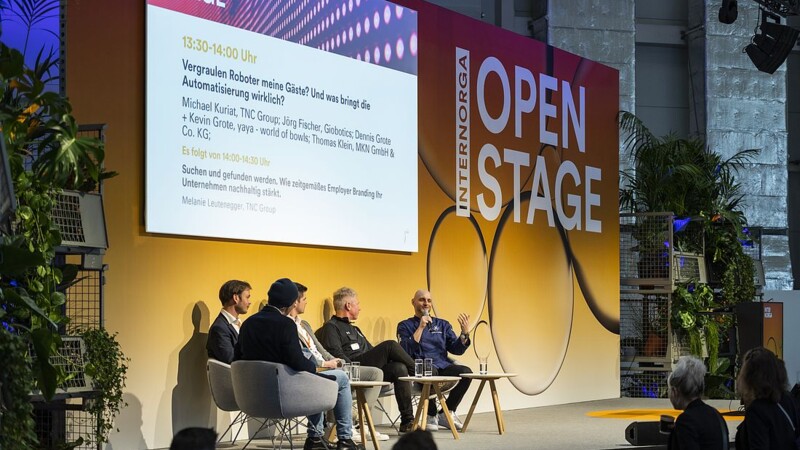Viva con Agua's 138 rooms have something for everyone, according to founder Benjamin Adrion. The accommodation ranges from small sleeping pods in the Camping Ground for EUR 19.10 per night to 23 Art Rooms and two celebrity suites, one of which has been designed by TV presenter Barbara Schöneberger and the other by hip-hop star Jan Delay. Art is a universal language for Viva con Agua and the stairwell of the 12-storey building has been transformed into an art gallery thanks to global artists. Davina Cochrane, aka Dave, has created an interactive mural for one of the art rooms. "It shows a dreamer and a QR code above her, which anyone can use to experience their dream of a world in which the energy transition has been successfully achieved," said Dave. The facade of the triangular building features the idea of a climate-friendly future. Veronika and Marco Schmid, aka Queen Kong, had laminations printed and incorporated things like rivers, veins and roots. "Viva con Agua is rooted in Hamburg, but everything is connected and networked with everything else. We wanted to visualise this," said Veronika.
The Villa Viva opens Thursday (November 16, 2023) in Hamburg's Münzviertel after construction lasting two years and is now on a mission to do good. Every overnight stay, every meal in the "Viva Cantina" and every drink in the "RoofDrop Bar" goes towards the vision of "Water for All". The "House that Builds Wells" is a joint venture between Heimathafen Hotels and the Viva con Agua non-profit organisation. Around 40 per cent of its profits go to so-called WASH projects as part of its campaign for clean drinking water and sanitary facilities worldwide. And the bookings for the opening are impressive. "We have an 80 per cent occupancy rate for the next few weekends," said Laura Hansen, Hotel Manager.
Art as a universal language
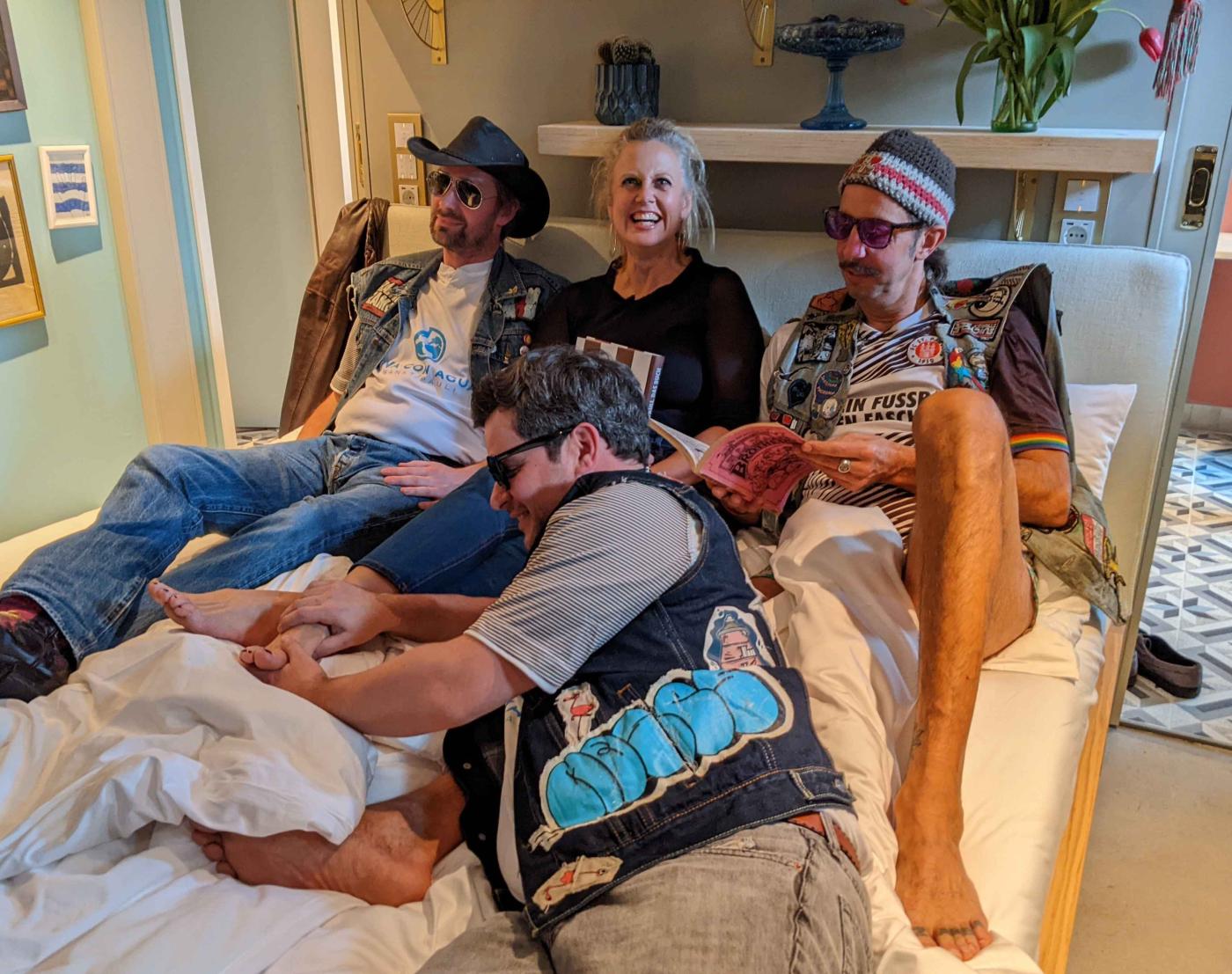
Sustainable building possible
Part of the façade will be greened to improve the urban climate. Those behind Villa Viva are proud of its limited carbon footprint as a built-up floor area of 530 m² is offset by 4,600 m² of usable space. The extinguishing water tank required for a high-rise building is fed with rainwater and a large share of low-CO2 concrete and recycled materials were used. "Sustainable building is possible," said Leon Roloff of Urban Future Development and joint initiator of Villa Viva. The conscious use of resources is also noticeable in the kitchen. "Our cuisine is mostly vegan or vegetarian. We use the whole animal for meat or fish dishes," said head chef Jan Johannsen, who previously cooked in the Hotel Louis C. Jacob and the Carls in the Elbphilharmonie.
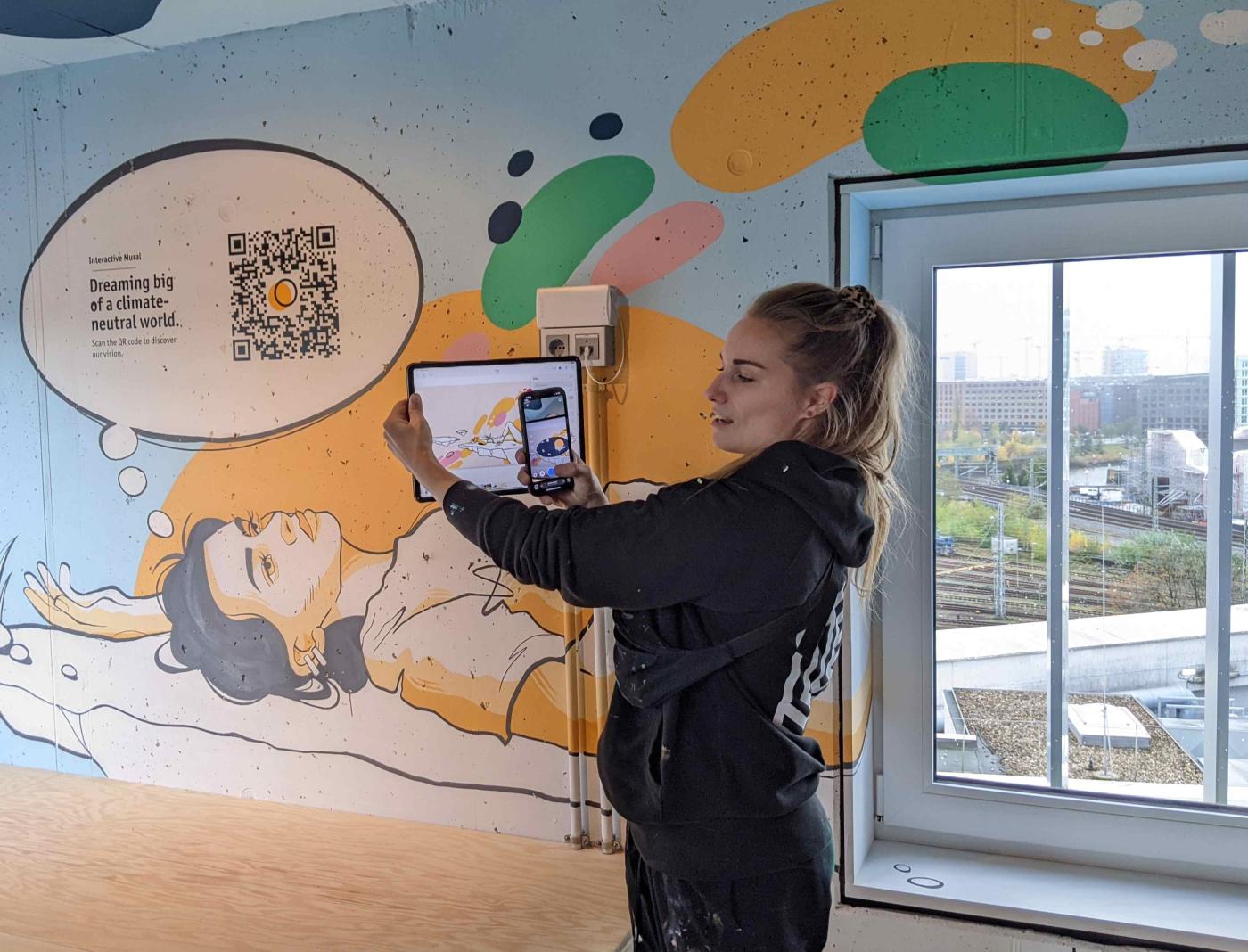
A workplace that does good
A 55-strong workforce keeps Villa Viva up and running. "And we are complete despite the shortage of skilled labour. We had a great response to our job advertisements from the start," said Hansen, who previously worked at the Hotel Louis C. Jacob and at the 25hours Hotel HafenCity. "A workplace that does good is simply welcomed," said Jens Sroka, founder of Heimathafen Hotels. This particular workplace is spread over the entire ground floor, the first floor, and from the fourth to the 12th floor with roof terrace and RoofDrop Bar. The third floor is home to Heimathafen Hotels and Viva con Agua, which relocated its office from St. Pauli to the Münzviertel. "We'll still be St. Paulians. But now 'we are now Münzviertel'," Adrion stressed. Villa Viva is active in this socio-cultural melting pot, he noted. "We have joined Münzviertel's advisory council, which will be meeting here in late November. We have aimed to be a meeting place from the outset."
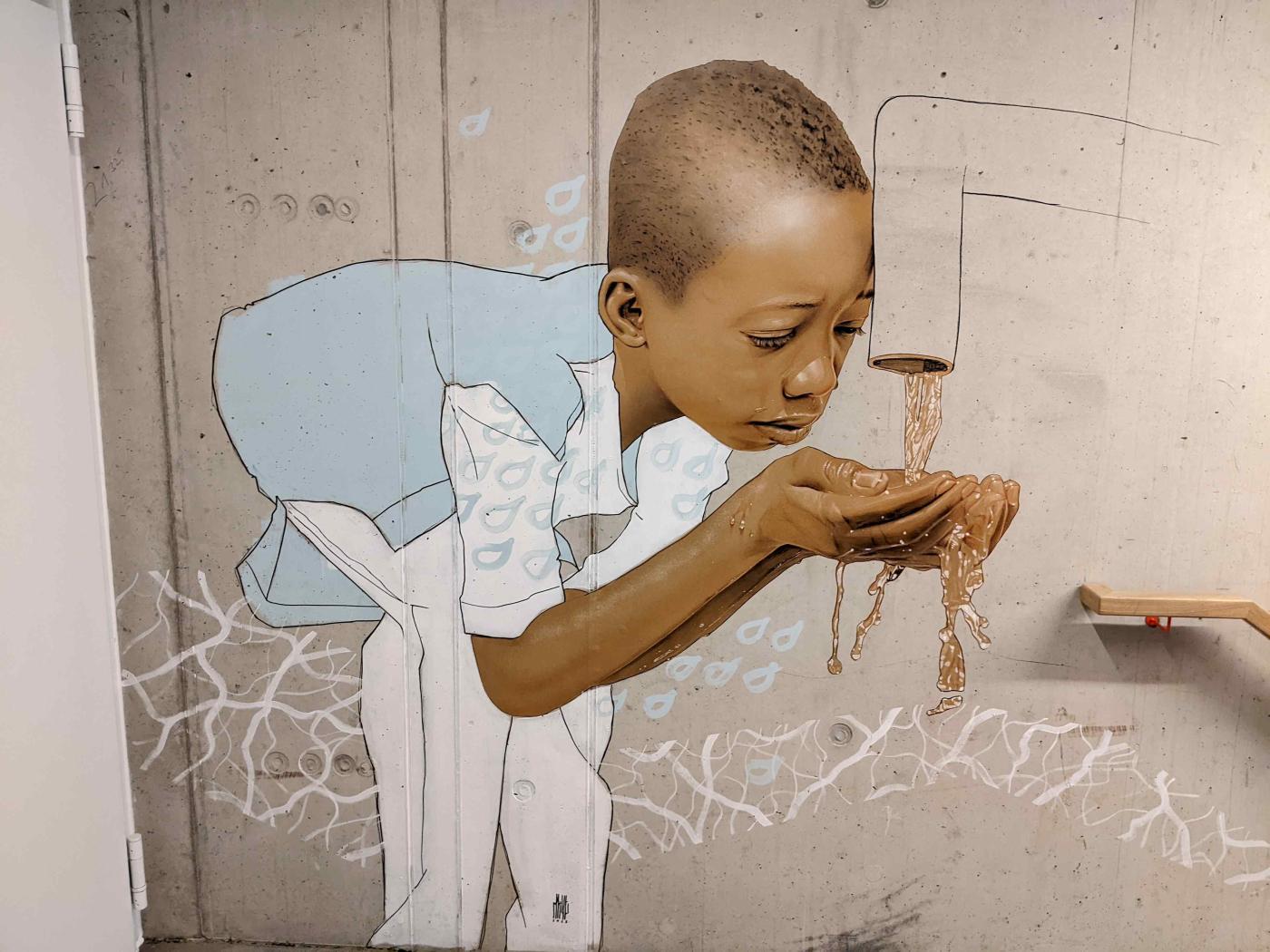
Globally scalable business model
The Villa Viva is the brainchild of social impact investors. "Not a penny of donations went into the project," said Adrion. Instead, a 19-strong shareholder gang raised the equity capital of EUR 5.5 million. Among them are the Braun brothers, founders of the world's largest model railway, Miniaturwunderland, hip-hop artist Jan Delay, the musician Bela B, former professional footballer Kevin Kuranyi, and Mitra Kassia, founder of the Oll Inklusiv association for people over 60 years. She noted: "We put our money where our mouths are because we believe in this project. The remainder of the approximately EUR 37 million in costs are being financed by the Umweltbank. The project in Hamburg is Viva con Agua's second social business in the hotel industry. Just over two years ago, it opened the social Villa Viva Cape Town hostel in South Africa. And the Villa Viva team is convinced of the model's global scalability.
ys/pb
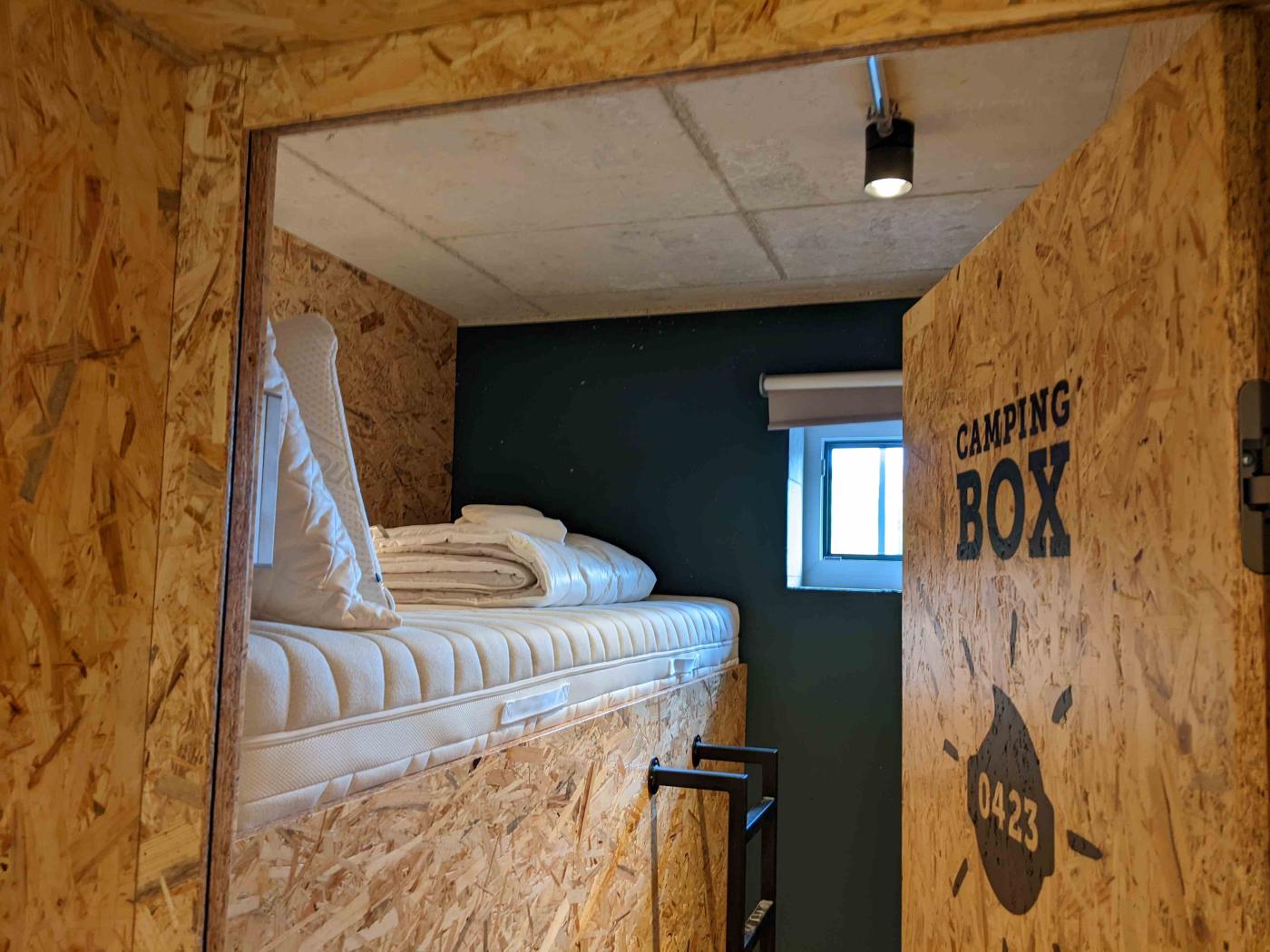
Sources and further information
More
Similar articles
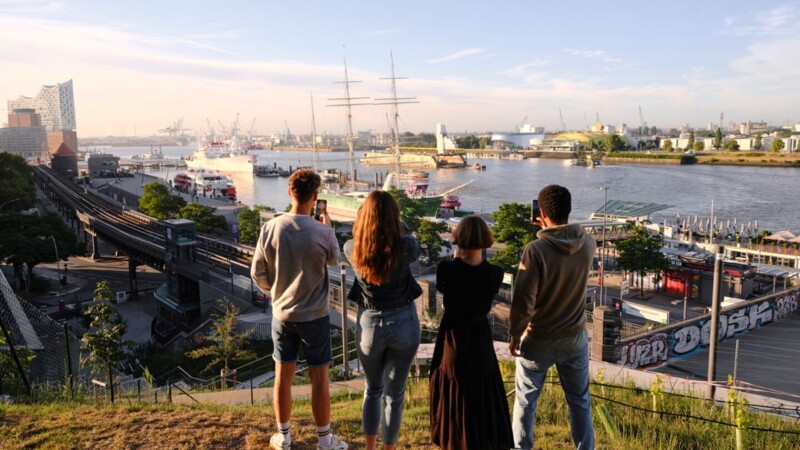
Tourism in north Germany bouncing back
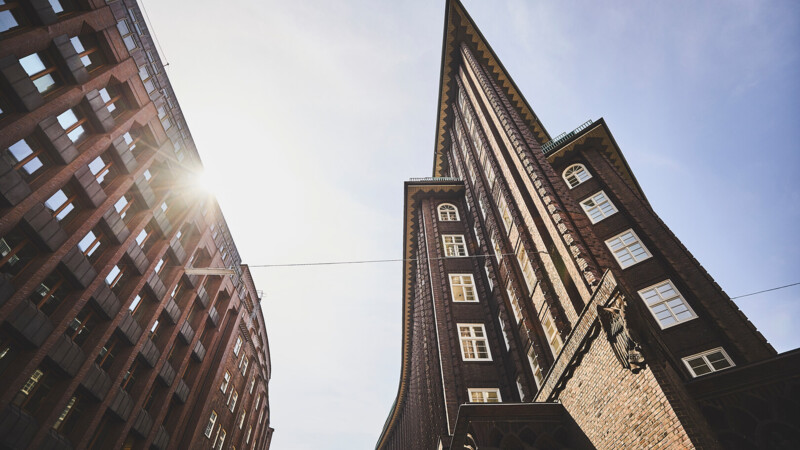
Hamburg more international than ever
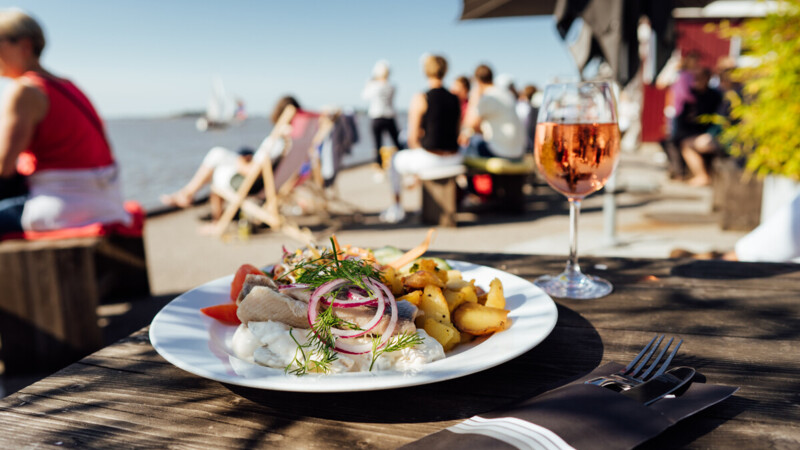
Hamburg now a launching pad for new food start-ups
